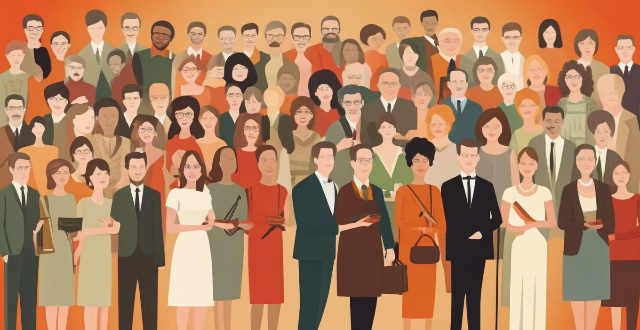Sporting events have been used to improve diplomatic relations between countries, bringing people together regardless of their backgrounds or beliefs. Examples include Ping-Pong diplomacy in the 1970s between China and the US, soccer matches promoting peace in the Middle East, the Olympic Truce symbolizing goodwill and cooperation, and rugby matches representing reconciliation and forgiveness.

Sporting Events and Diplomatic Relations
Sporting events have often been used as a tool to improve diplomatic relations between countries. The power of sports to bring people together, regardless of their backgrounds or beliefs, makes it an ideal platform for fostering international friendship and understanding. Here are some instances where sporting events have led to improved diplomatic relations:
1. Ping-Pong Diplomacy
- Ping-Pong diplomacy refers to the use of table tennis (or ping-pong) as a means of improving diplomatic relations between China and the United States in the early 1970s.
- In 1971, an American table tennis team was invited to play in China, which at that time was largely isolated from the Western world due to political tensions. This event marked the beginning of a thaw in Sino-American relations and paved the way for President Richard Nixon's historic visit to China in 1972.
- The success of Ping-Pong diplomacy demonstrated how sports could be used as a non-political means of establishing communication and building trust between nations.
2. Middle East Peace Through Soccer
- Soccer has also been used as a tool for promoting peace in the Middle East. In 2005, Israel withdrew its objection to Palestinian soccer teams playing in international competitions, allowing them to participate in the West Asian Football Federation Championship held in Lebanon.
- This move was seen as a significant step towards normalizing relations between Israel and Palestine, as it provided an opportunity for both sides to engage in peaceful competition and build bridges through sport.
- Additionally, there have been several instances of joint Israeli-Palestinian soccer teams competing in international tournaments, further promoting dialogue and understanding between the two communities.
3. Olympic Truce
- The Olympic Games have a long history of promoting peace and diplomacy among nations. The ancient Greeks would declare a "sacred truce" during the games, allowing athletes from warring city-states to compete without fear of violence or reprisal.
- This tradition continues today with the modern Olympic Truce, which calls for a ceasefire and political dialogue during the games. While not always successful in achieving lasting peace, the Olympic Truce serves as a symbolic gesture of goodwill and cooperation among nations.
- Furthermore, the Olympics provide a platform for athletes from different countries to interact and form friendships, potentially leading to improved diplomatic relations between their respective nations.
4. Rugby World Cup
- The Rugby World Cup has also been used as a tool for promoting diplomacy and reconciliation. In 1995, South Africa hosted the tournament just one year after the end of apartheid, marking a significant milestone in the country's transition to democracy.
- The tournament featured teams from various nations, including traditional rivals such as England and New Zealand. The spirit of camaraderie and sportsmanship displayed by these teams helped to break down barriers and promote understanding between previously hostile nations.
- Additionally, rugby matches between former enemy states like South Africa and New Zealand have become symbolic events representing reconciliation and forgiveness.
In conclusion, sporting events have played a crucial role in improving diplomatic relations between countries throughout history. Whether it's through Ping-Pong diplomacy, soccer matches in the Middle East, or the Olympic Truce, sports have proven to be a powerful tool for promoting peace and understanding among nations.